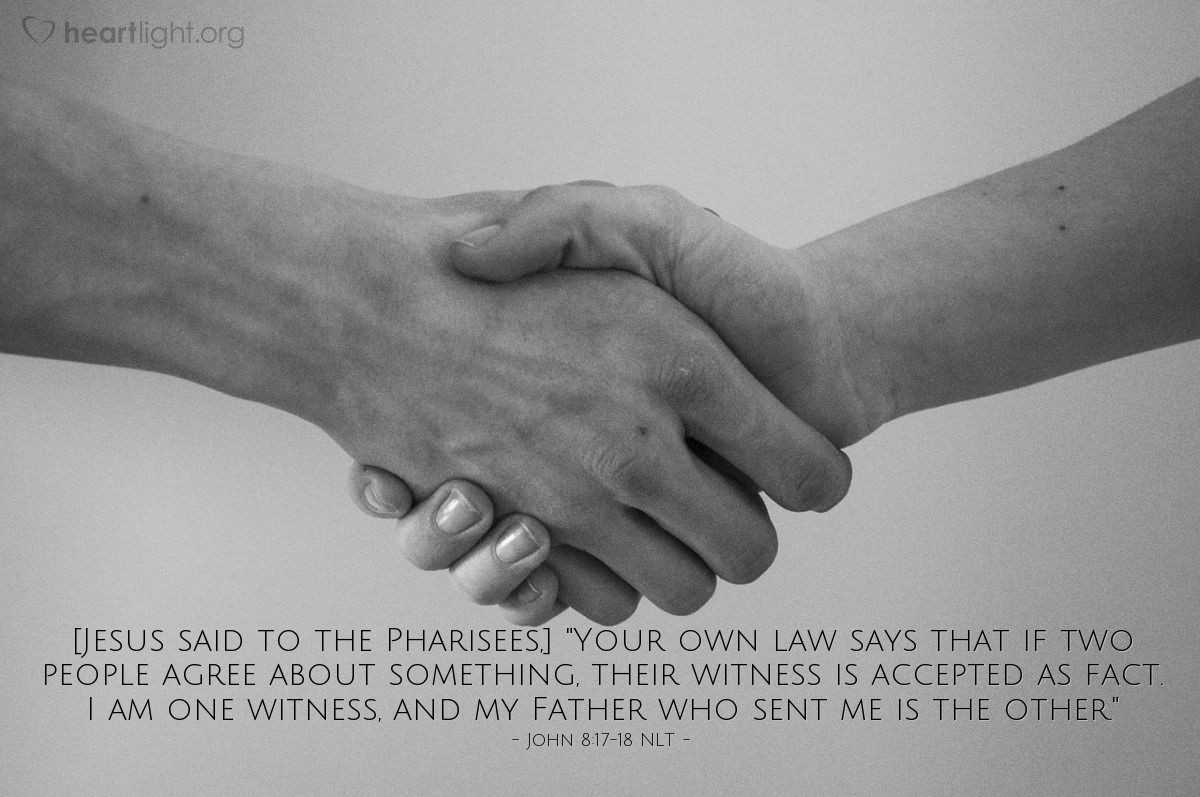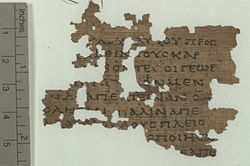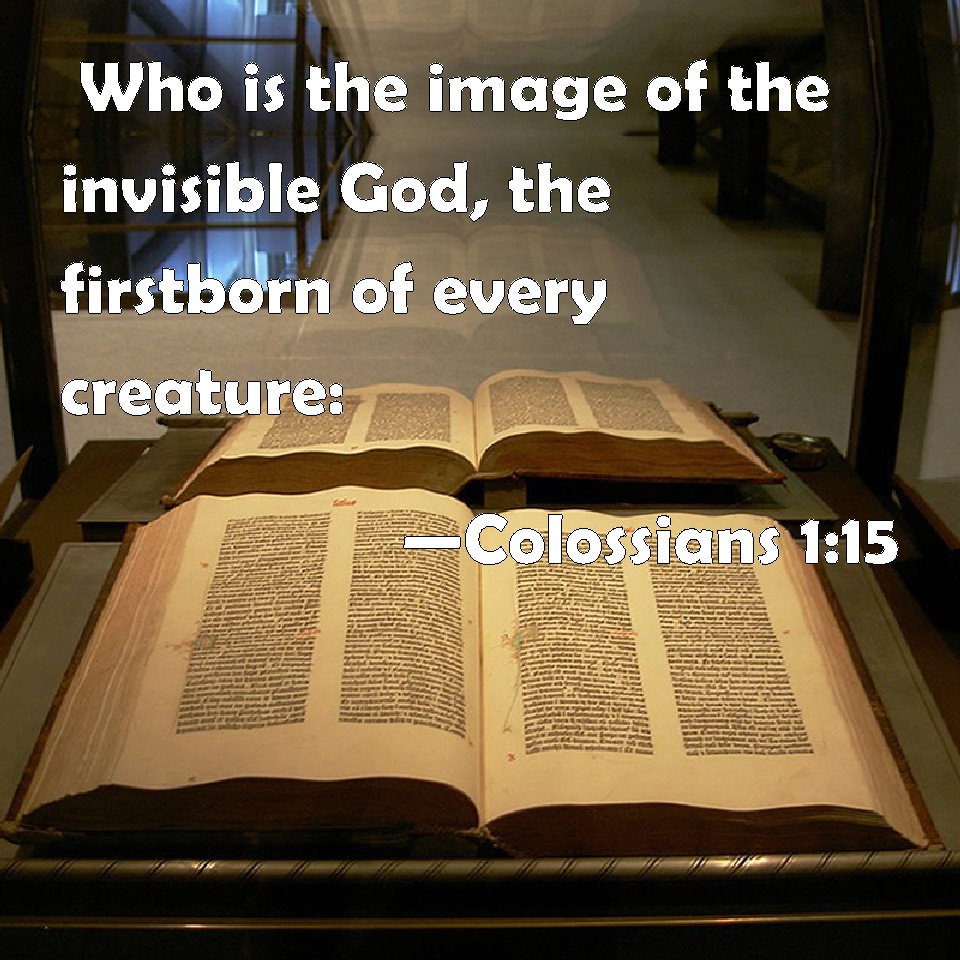 John 8:17-18
John 8:17-18 NLT Illustrated: "What Greater Witness ..." />
Are Jesus and God the Father two separate individuals? This seems like a strange question to ask. Trinitarians try to explain how their doctrine works with explanations such as this: “While the three persons of the Godhead are distinct, they cannot be separated. That is, the Father, Son, and Holy Spirit are co-equal and co-eternal. They exist simultaneously, not consecutively” (Trinitarian website). Does this make any sense? They claim the doctrine is true, yet, they admit it is extremely difficult, if not impossible, to understand. Let’s examine what the Bible says, and see if the truth is really that difficult to understand.
John 8:16-18 –
“If I do judge, my decisions are true, because I am not alone. I stand with the Father, who sent me. In your own Law it is written that the testimony of two witnesses is true. I am one who testifies for myself; my other witness is the Father, who sent me” (NIV). In these verses, Jesus twice says
“the Father . . . sent” him, which means they are two separate and distinct people, because the sender and the one sent cannot be the same, nor can they be in the same location. He also says the Father is with him, indicating they are separate and distinct. Jesus also says the witness of
“two” individuals is true. ‘I’m one, and my Father who sent me is the other,’ he says. Obviously, Jesus and his Father are two separate and distinct people.
John 10:30 – Are the Father and Jesus “one” within a Trinity? Or, are they “one” in unity, the same as the disciples are in John 17:11,20-23? Since the disciples are not “God”, yet are to be “one” with God and Jesus and with one another, obviously they are “one” in unity. The Greek word “hen” is in the neuter gender, and is translated as “one”, but this is not the numeral “one”. To be the numeral “one” it would have to be in the masculine gender. Anyway, at John 8:17,18, Jesus said that he and his Father are “two”, numerically speaking. read more

 John 8:17-18
John 8:17-18 Colossians 1:15 Who is the image of the invisible God, the ..." />
Colossians 1:15 Who is the image of the invisible God, the ..." />





